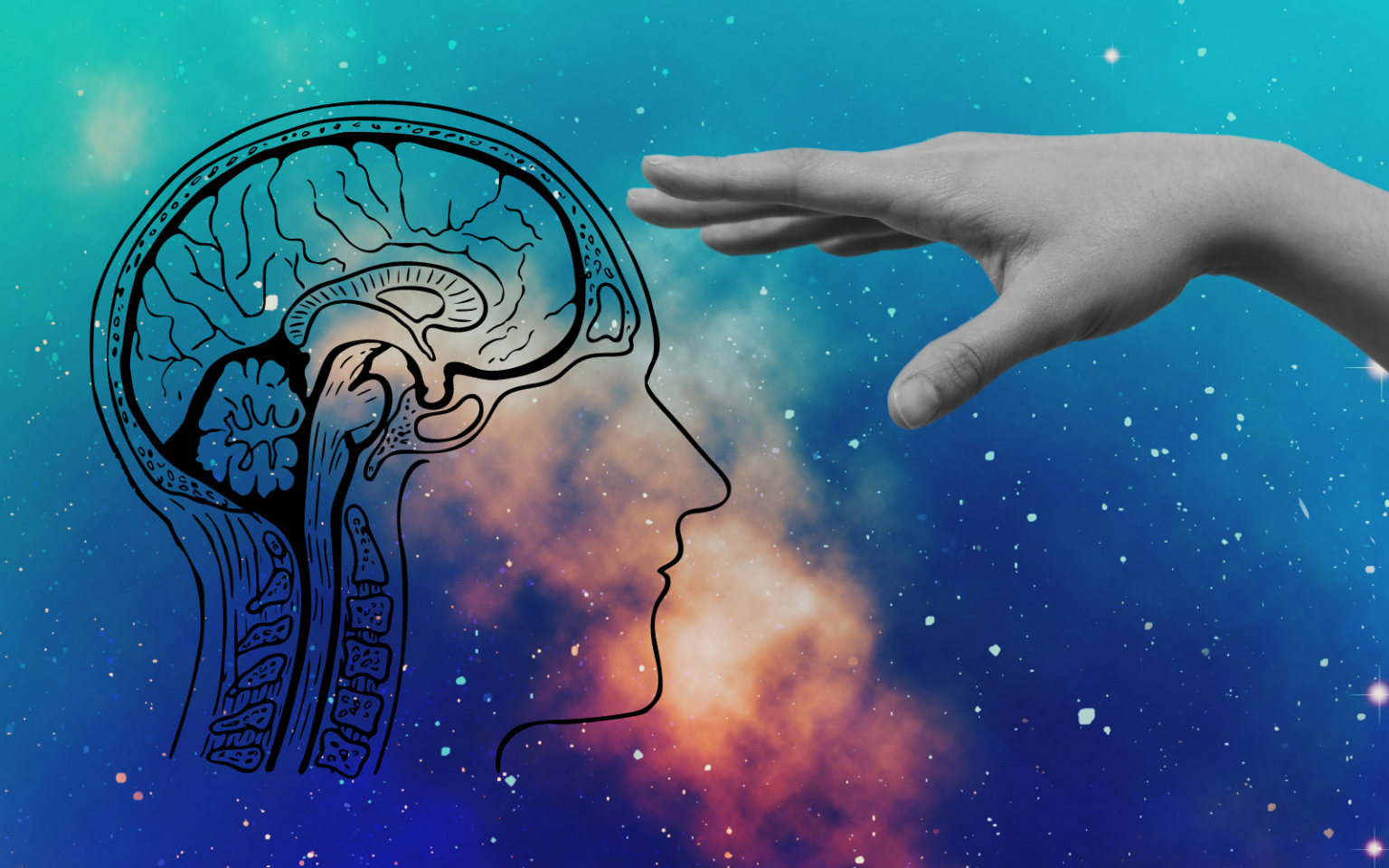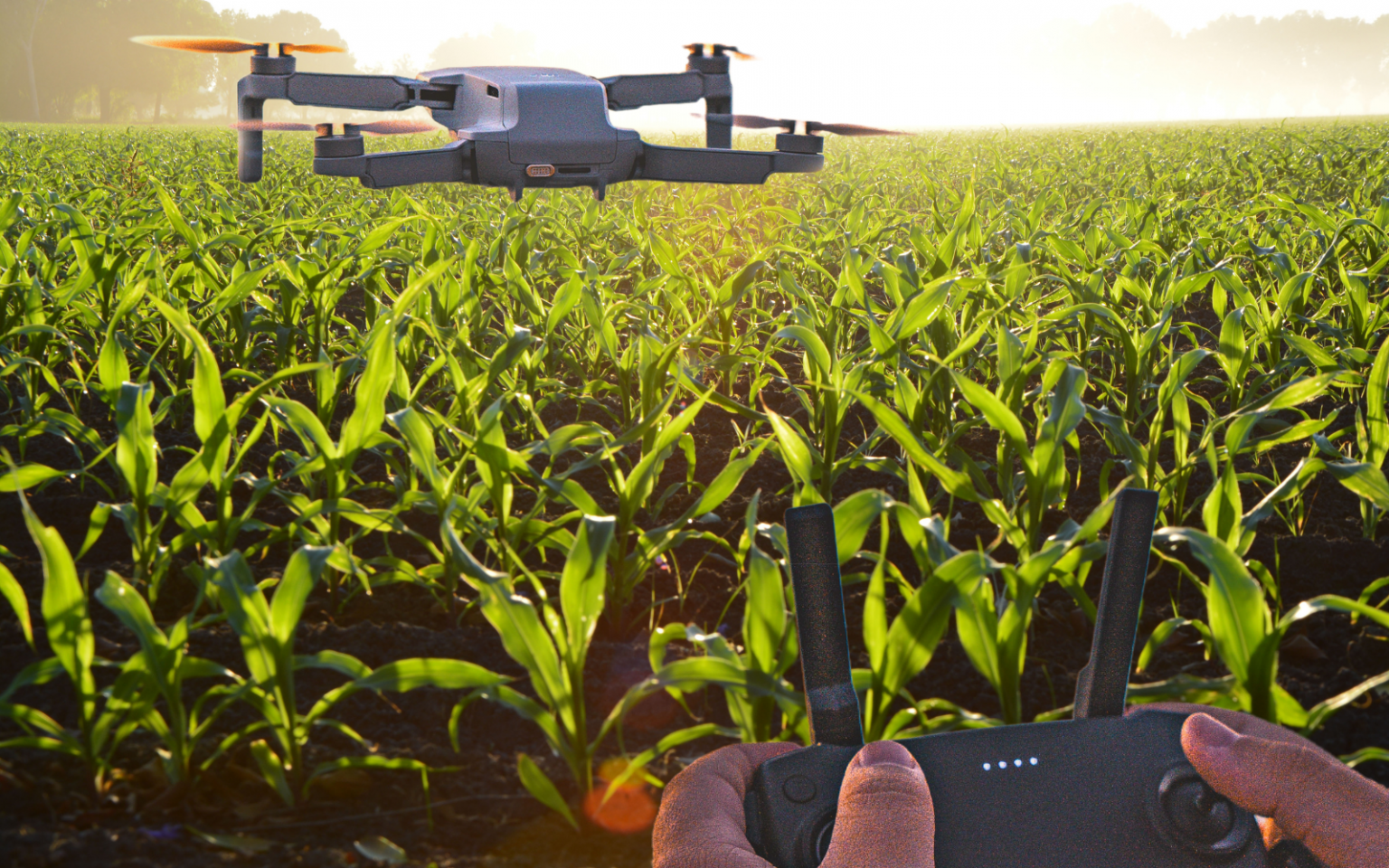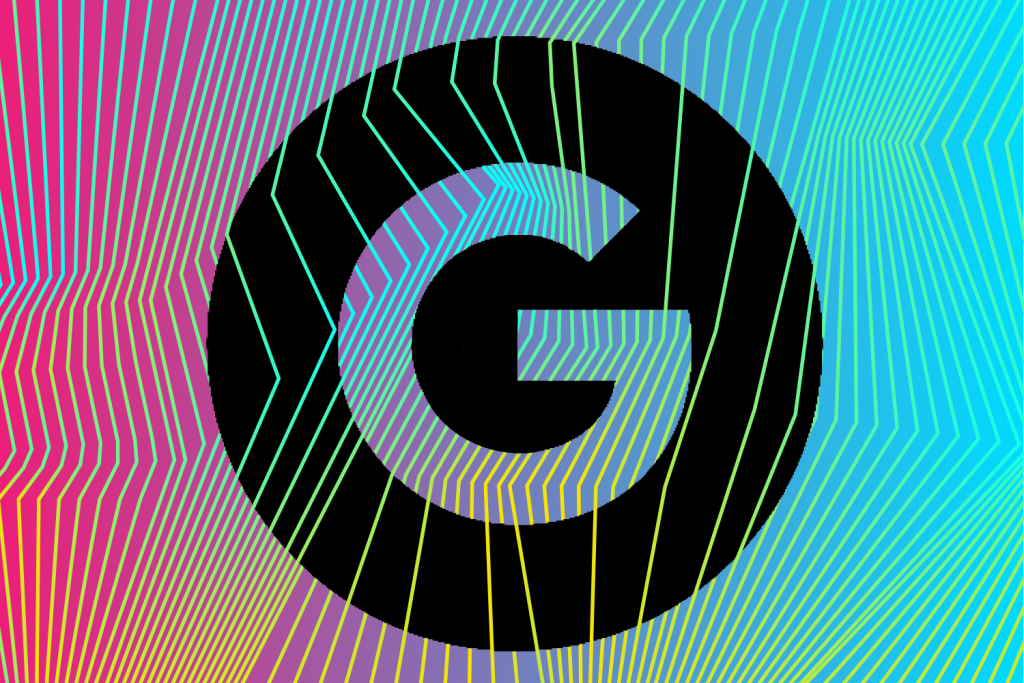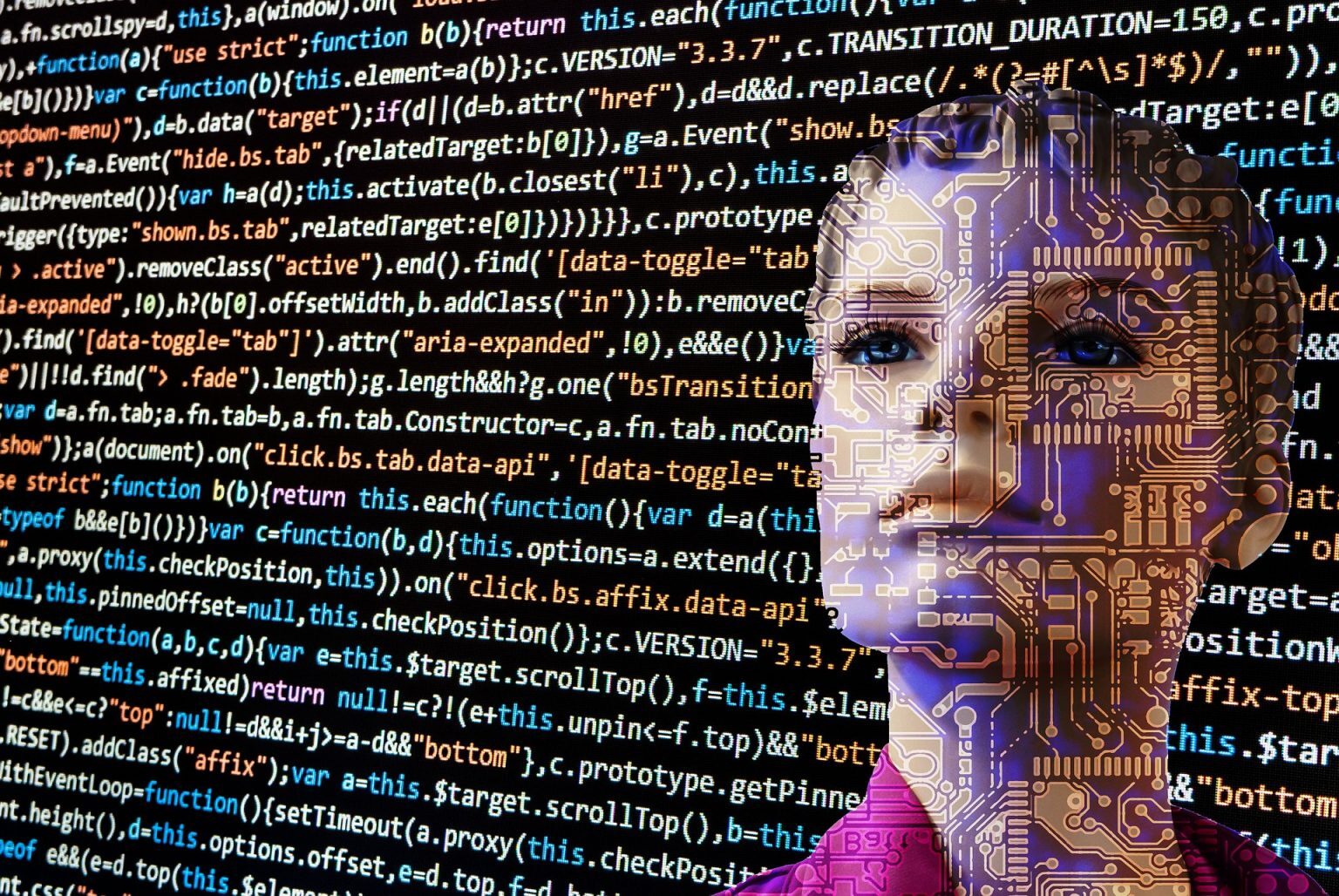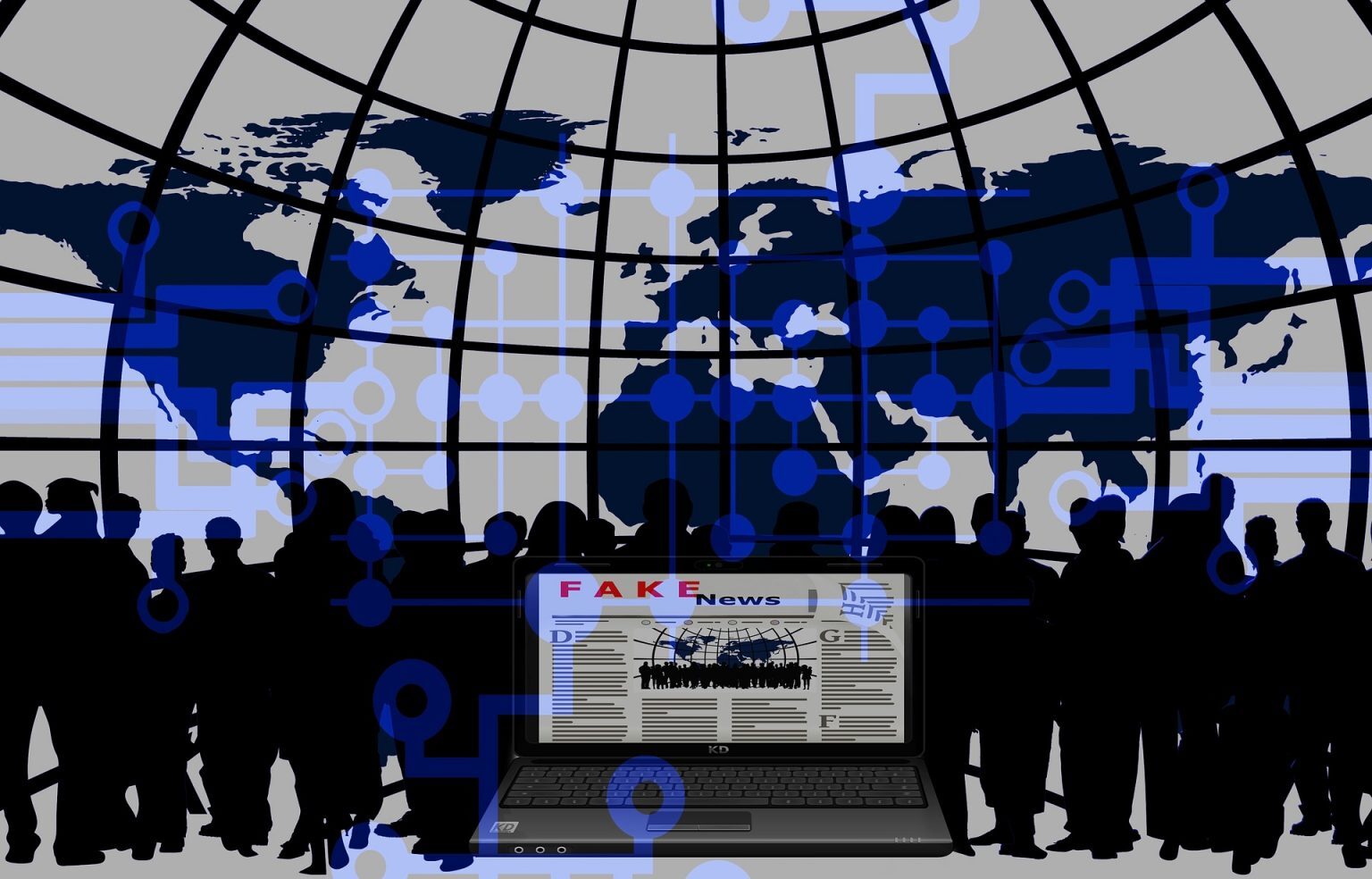More than 5 million people in the United States are affected by limb loss or paralysis. Technological devices that directly interact with the brain, known as brain-computer interfaces, offer the potential to decode an individual’s thoughts and translate them into action using a robotic arm or a cursor on a screen. These neuroprosthetics can take the place of an amputated or paralyzed arm, for instance, helping the user take an action. Much research in this field to date has focused on decoding brain signals – what is it that the person wants to do? But there’s another equally important part of any real-world prosthetic system.…
Author: The Conversation
As manufacturers introduce new models of electric vehicles, demand for them is growing steadily. New EV sales in the U.S. roughly doubled in 2021 and could double again in 2022, from 600,000 to 1.2 million. Auto industry leaders expect that EVs could account for at least half of all new U.S. car sales by the end of the decade. EVs appeal to different customers in different ways. Many buyers want to help protect the environment; others want to save money on gasoline or try out the latest, coolest technology. In areas like California and Texas that have suffered large weather-related power failures in recent years, consumers are starting to consider EVs…
As the global population has expanded over time, agricultural modernisation has been humanity’s prevailing approach to staving off famine. A variety of mechanical and chemical innovations delivered during the 1950s and 1960s represented the third agricultural revolution. The adoption of pesticides, fertilisers and high-yield crop breeds, among other measures, transformed agriculture and ensured a secure food supply for many millions of people over several decades. Concurrently, modern agriculture has emerged as a culprit of global warming, responsible for one-third of greenhouse gas emissions, namely carbon dioxide and methane. Meanwhile, inflation on the price of food is reaching an all-time high, while malnutrition…
The BOLT II hypersonic flight experiment will launch tonight from NASA’s Wallops Test Flight Facility in Virginia. Hypersonic vehicles, which can fly much faster than passenger jets, would allow passengers to go from Sydney to Los Angeles, for instance, in just a couple of hours. They could also offer more flexible options for launching payloads into space than conventional rockets and their speed and manoeuvrability mean they have a range of potential tactical military uses too. Russia and China already claim to have operating hypersonic missiles, but hypersonic passenger aviation is still a dream rather than reality. Read more: Hypersonic missiles are fuelling fears…
I was recently reading comments on a post related to COVID-19, and saw a reply I would classify as misinformation, bordering on conspiracy. I couldn’t help but ask the commenter for evidence. Their response came with some web links and “do your own research”. I then asked about their research methodology, which turned out to be searching for specific terms on Google. As an academic, I was intrigued. Academic research aims to establish the truth of a phenomenon based on evidence, analysis and peer review. On the other hand, a search on Google provides links with content written by known…
Robots are featuring more and more in our daily lives. They can be incredibly useful (bionic limbs, robotic lawnmowers, or robots which deliver meals to people in quarantine), or merely entertaining (robotic dogs, dancing toys, and acrobatic drones). Imagination is perhaps the only limit to what robots will be able to do in the future. What happens, though, when robots don’t do what we want them to – or do it in a way that causes harm? For example, what happens if a bionic arm is involved in a driving accident? Robot accidents are becoming a concern for two reasons. First, the increase…
Want to go to space? It could cost you. This month, the SpaceX Crew Dragon spacecraft will make the first fully-private, crewed flight to the International Space Station. The going price for a seat is US$55 million. The ticket comes with an eight-day stay on the space station, including room and board – and unrivalled views. Virgin Galactic and Blue Origin offer cheaper alternatives, which will fly you to the edge of space for a mere US$250,000-500,000. But the flights only last between ten and 15 minutes, barely enough time to enjoy an in-flight snack. But if you’re happy to keep your feet on the ground, things start to…
As the story goes, in the 1780s, a former lover of the Empress of Russia wanted to impress her with his efforts to build empire in what would later become part of Ukraine. Grigory Potemkin had workers build a façade showing a prosperous village along the riverbanks, visible from passing boats, disassembling and reassembling it further up the river as Catherine the Great sailed by. A “Potemkin village” has become shorthand for a false veneer designed to hide the truth, but historians tell us the original story doesn’t hold up to scrutiny. In a sense, it’s fake news, 1700s style. The region…
A court in South Africa has confirmed the constitutional right of the country’s citizens to an environment that isn’t harmful to their health. This includes the right to clean air, as exposure to air pollution affects human health. Air pollution also affects land and water systems, and decreases agricultural yields. The case, referred to as the “Deadly Air” case, was brought against the government by two environmental justice groups – groundWork and the Vukani Environmental Justice Movement in Action. They were represented by the Centre for Environmental Rights. The case concerned air pollution in the Highveld Priority Area. The area includes one of South Africa’s largest cities, Ekurhuleni,…
In 2019, my colleagues and I discovered spooky glowing rings in the sky using CSIRO’s ASKAP radio telescope in Western Australia. The rings were unlike anything seen before, and we had no idea what they were. We dubbed them odd radio circles, or ORCs. They continue to puzzle us, but new data from South Africa’s MeerKAT telescope are helping us solve the mystery. Read more: ‘WTF?’: newly discovered ghostly circles in the sky can’t be explained by current theories, and astronomers are excited We can now see each ORC is centred on a galaxy too faint to be detected earlier. The circles are most likely…

